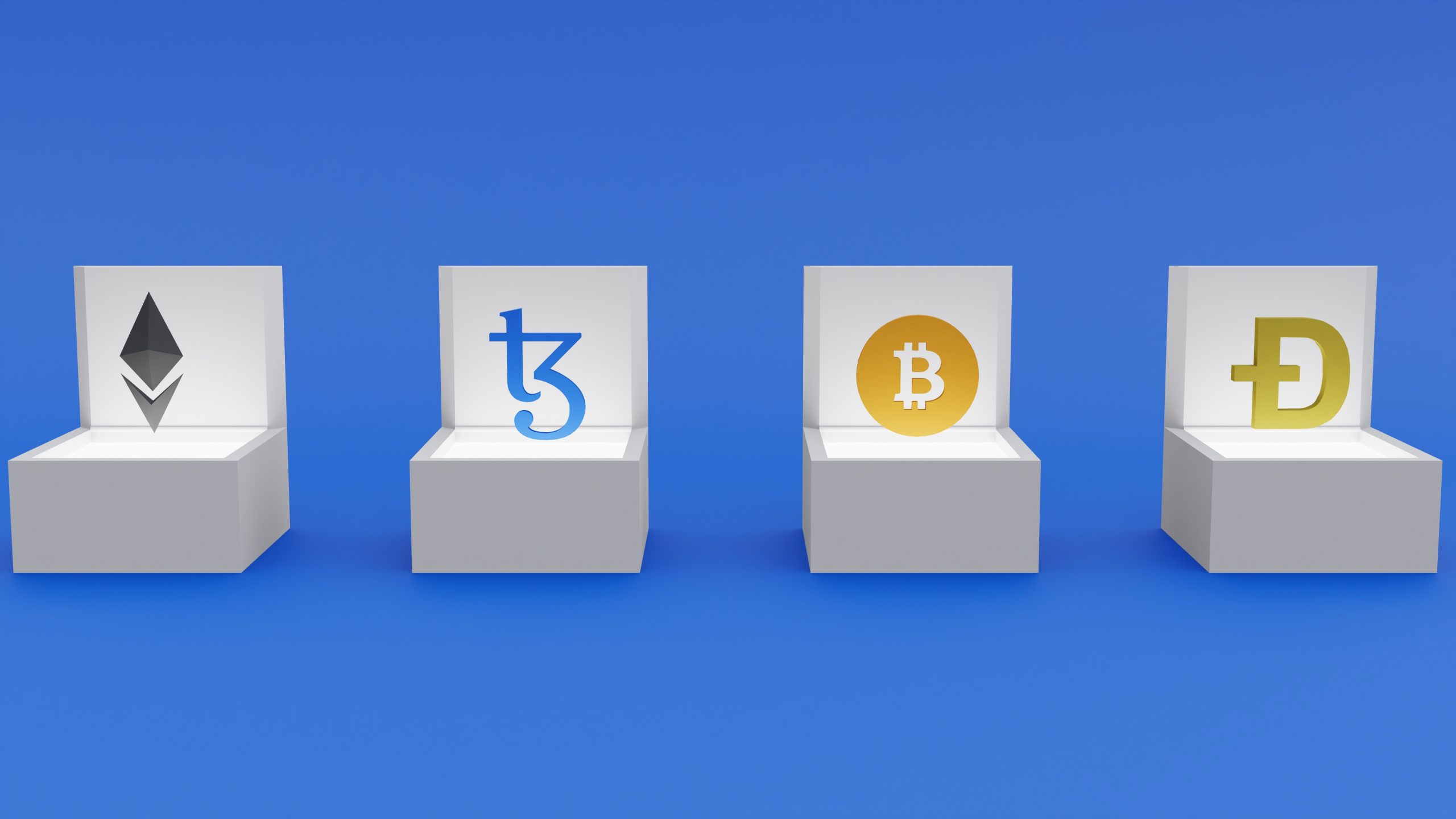Italy’s State-Owned Bank Trials Digital Bonds on Polygon Blockchain
The European Central Bank initiated the trial to explore how blockchains can enhance central bank settlement.

Regulatory uncertainties have been revealed as a significant hurdle in Africa’s Web3 landscape by Cartesi developer advocate and Web3 roll-up protocol advocate Nathan Jagannath. Developer advocate of Cartesi highlighted that the absence of well-defined, clear regulations surrounding Web3 technologies can create hesitancy among potential investors and users.
According to Jagannath, the regulatory ambiguity may result in a reluctance to embrace fully the transformative possibilities that Web3 offers. He stressed the importance of improved digital literacy, emphasising that a skilled workforce and user base are crucial for successfully integrating Web3 technologies. According to reports, Africa is a continent with a vast potential for Web3 innovation and adoption. Jagannath said, “with regulatory clarity, enhanced digital literacy and infrastructural upgrades, we will see Africans overcome these obstacles and lean into rapid modernisation.” In a recent report on Web3 in Africa by PricewaterhouseCoopers and Emerge Africa, 2022 blockchain funding across Africa increased by 1,668%, with South Africa, Nigeria and Kenya leading the continent’s Web3 adoption.
Jagannath pointed out Africa’s massive lack of education and accessibility to knowledge despite the continent’s potential for Web3. Jagannath highlighted the importance of improved digital literacy.
On January 11 2024, DappRadar, a blockchain analytic platform, released a report that showed an increased number of unique active wallets (UAW) that engaged with Web3 apps by 124% in 2023, led by Near, Arbitrum and Klaytn. UAW measures how many wallets interact with a Web3 app and is also known as a decentralised application (DApp) over a particular period. An average of 4 2 million UAWs interacted with these apps daily, double the previous year’s users.
According to the report, from 2022, nonfungible token (NFT) products led the way in growth, posting a 166% increase, while decentralised finance (DeFi) took second place with a 112% increase. Social media apps posted a 29% gain, all thanks to leading protocols, Friend.tech, Gale and Lens Protocol. Near posted a 1,902% increase, Arbitrum 624% and Klaytn 1,099%. Some of the top DApps on these networks include loyalty rewards platform Kai-Ching, decentralised exchange Uniswap v3 and fitness app SuperWalk. According to DappRadar, the UAWs for blockchain apps doubled in 2023, and Stars Arena drove over 10,000UAW to the Arbitrum network. Ethereum network collected over $54.3 million in fees in November in a week due to a surge in submitted transactions.
According to Jagannath, Africa is primed for a Web3 boom in 2024 and beyond for a few reasons, including younger demographics and volatile currency. According to Oxford Business School, 24% of Africans do not participate in the banking system. Jagannath emphasised the potential for Web3 in Africa and mentioned that decentralised wallets and other Web3 applications could address current challenges and bring about transformative changes in how Africans interact with financial systems and conduct cross-border trade.
Blockchain’s immutability and transparency can solve land ownership disputes and fraudulent transactions. On September 25 2023, Bitland in Ghana used blockchain to create a secure land registry, reducing land disputes, enhancing property rights, ensuring that individuals have rightful land ownership, and fostering economic growth and stability. Blockchain can bridge the gap between traditional financial services and the unbanked in Africa. Agriculture is the backbone of many countries in Africa. Blockchain can revolutionise the sector by providing transparency and traceability in supply chains.
According to reports, Web3bridge and Cartesi are teaming up for an eight-week Cartesi masterclass in Nigeria at the beginning of January 2024. Jagannath revealed that the move aims to boost visibility and improve developers’ skills in the African ecosystem, contributing to Nigeria’s dynamic blockchain scene. The Central Bank of Nigeria (CBN) recently approved the Africa Stablecoin Consortium (ASC) to launch the cNGN stablecoin in its regulatory sandbox.
According to the announcement, the stablecoin is set to be introduced on February 27, 2024, by the Africa Stablecoin Consortium, a collaborative effort between Nigerian banks and fintech operators. According to the consortium, the cNGN stablecoin adheres to the regulatory requirements and standards established by the Central Bank of Nigeria, the Nigerian Securities and Exchange Commission (SEC), and the Nigerian Financial Intelligence Unit (NFIU).
The consortium highlighted its commitment to engaging with regulators to ensure transparency, consumer protection and compliance throughout the project. The cNGN stablecoin project, which the CBN introduced with broader capabilities, is designed to complement and not replace the eNaira. Notably, the African Stablecoin Consortium will oversee the cNGN stablecoin project, which is currently interoperable with strategic blockchains such as BNB Smart Chain and Bantu.
The journey of Africa into the world of fintech is marked by innovation, resilience and an unyielding spirit to overcome challenges. Blockchain technology promises security, transparency and inclusivity to the continent’s financial landscape. As we watch the digital transformation unfold, it is clear that Africa’s fintech future shines brighter with Web3 at its core.
The European Central Bank initiated the trial to explore how blockchains can enhance central bank settlement.
n recent months, inflation measures, including the Consumer Price Index and Personal Consumption Expenditures Index, have moderated.
BlockFi clients are to note that client communications will exclusively occur through official email channels.
CryptoQuant CEO says Bitcoin is still vulnerable to “speculative FUDs,” giving smart money a way to buy up cheap BTC.